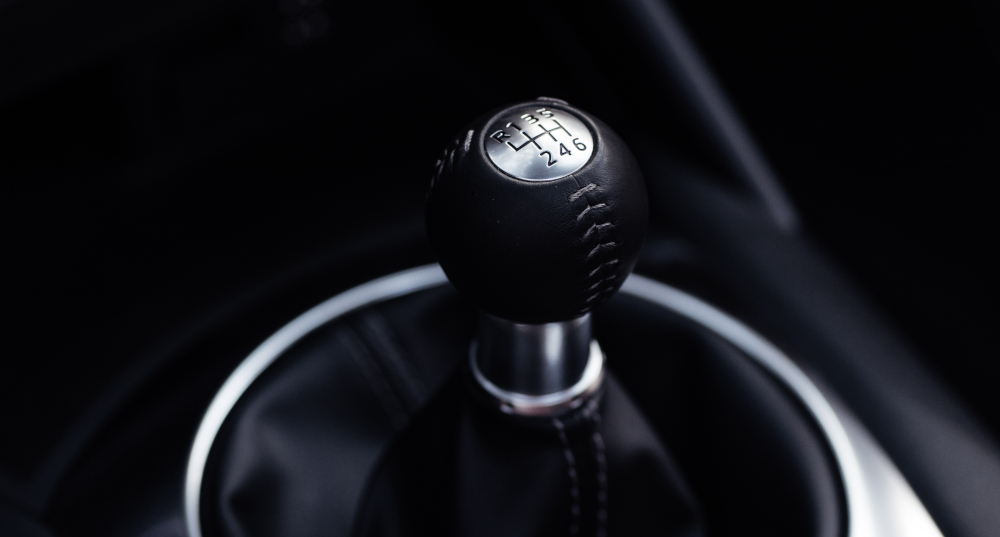Once sceptical, the American and European car markets have gradually embraced Japanese imports and brands alike. Impressing beyond their domestic market, automakers like Honda, Toyota, and Nissan – nowadays big market names – are very reliable. Many have noted that Japanese carmakers have historically been associated with manufacturing long-lasting and durable vehicles.
With the passage of time, the quality gap between Japanese vehicles and their American counterparts has narrowed. Yet, with that keen reputation for reliability, Japanese cars are still a firm and popular favourite amongst drivers.
So, why are Japanese cars so good? Better yet, why exactly are Japanese cars so reliable?
1) Reliability
According to many recent, and past, surveys, Japanese cars are almost synonymous with reliability. It’s an association that drives many to purchase vehicles from a Japanese brand like the Mazda MX-5 – and even more to praise their vehicles. What initially felt like a car cult, the prowess of Japanese automaking has maintained a popular reputation; some collect cars, others embrace the everyday reliability of their Japanese model.
Where did this reputation for reliability come from?
Why Are Japanese Cars So Reliable?
American and European markets have long benefitted from the effective production model pioneered by Henry Ford and his assembly-line efficiency. Yet, Japanese efficiency can’t be captured by the conventional assembly line. Instead, production techniques have, in many cases, challenged and rivalled established industry practices.
In a post-war Japan, lacking capital investment and finite resources shaped a more frugal construction practice. As a result, the arrival of Just-in-time (JIT) manufacturing answered to these struggles and offered a roadmap to efficiency, whilst making the cars increasingly more reliable. Primarily developed through Toyota (as the Toyota production system), this leaned out production method in Japan and has two objectives: to quicken production phases, whilst responding to demand from buyers.
Nowadays, these techniques have been advanced as “lean” manufacturing, learning from the frugality of past eras in Japanese production history. These sharp techniques focus on productivity and reliability, which can feel different from the wasteful outlook of other industry practices. The result is a cherished reputation between Japanese vehicles and their reliability.
2) Technically Better Cars
Though defined by early success, reports in 1983 appeared in popular trade paper The New York Times, which published about the perceived wisdom of Japanese efficiency. Noticeably, the techniques of Japanese assemblies were thought to be impressive. Increasing automation changed the roles of manual labour and smaller inventories have refocused how materials are used. The outcome balances a low cost against a higher quality and value that sets benchmarks for outside competition.
Yet, it’s the attention to detail that testifies to why Japanese cars are better. The process is so finely tuned that it detects and corrects mistakes as part of a car’s efficient assembly. Where manual labour is more thoughtful, comfort and care goes into every car. Nowadays, Japanese assemblies represent a balance between robotic automation and a human touch.
3) Cultural Values
An invisible force that shapes car manufacturing is the culture of Japan. Many have noticed that car culture, and manufacturing, in Japan resonates with a sense of punctuality and care. An early system built on frugality, Japanese cars had to be made with prudence in mind. Since then, car manufacturing in Japan has always felt like a source of national pride.
Yet, there’s an enthusiasm that’s infectious. A whip of noise, a darting of colour – modified cars and Japanese imports feel, at time, like one in the same. In Japan, a hashiriya shares it meaning with a street racer, a common scene for UK imports of Japanese performance cars.
4) Manufacturers
This association with reliability is often why Japanese cars are the best, according to experts and research alike. Indeed, reliability is in the top-ranking frequent questions people are likely to ask before purchasing a new car. Reliability lists, whether by models or manufacturers, are often testifying to Asian cars.
These top ten lists are littered with Japanese brands and include all the favourites – Lexus, Toyota, Suzuki, Subaru, Mitsubishi, Nissan and Mazda.
So, why are Japanese cars so good?
A careful cocktail of culture, technique and history has slowly captured the enduring reliability of Japanese car manufacturing. It’s never been a fading fashion either, but rather Japanese cars have long been the example of tuneable car craft for the better. There’s little competition when it comes to Japanese cars. The rest is just noise.
Find out more or get in touch for your Japanese Import Insurance Quote Today .


